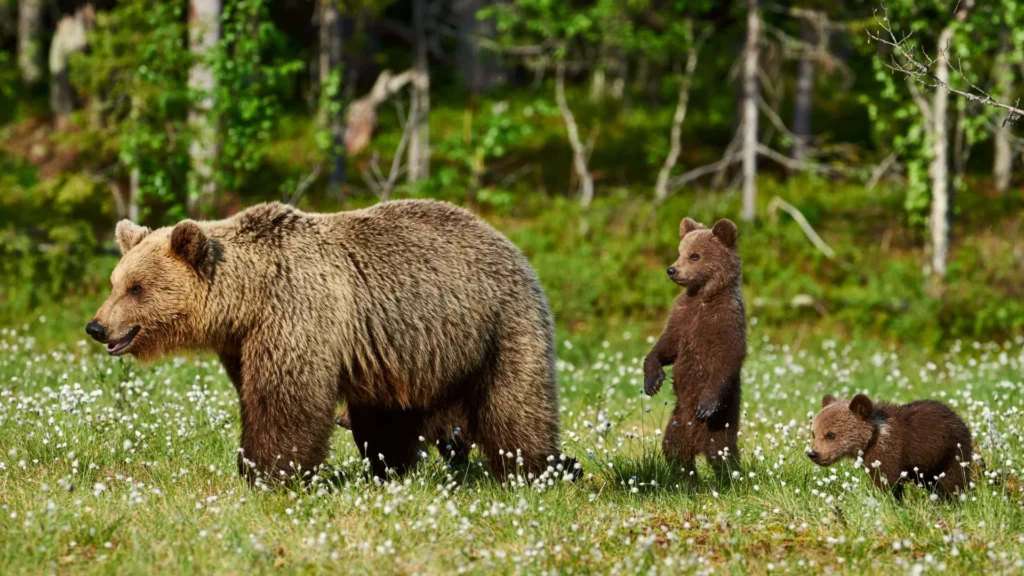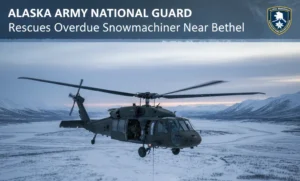An Alaska judge has extended a restraining order blocking the Alaska predator control program due to the state’s unlawful bear cull. Superior Court Judge Christina Rankin issued the order Monday saying the Department of Fish and Game bears despite legal prohibitions.
The department resumed the cull on May 10 even though a March 14 court ruling declared the program unconstitutional. According to the department, officials killed eleven brown bears, and one would die just days after the court ruled against the program.
Those killings follow the 2023-2024 culls that eliminated 175 brown bears, five black bears, and 19 wolves. Judge Rankin said the state acted in bad faith and explicitly extended the restraining order beyond the usual ten-day limit.
She emphasized that the order remains in effect until the state addresses legal flaws identified in two prior court rulings. On March 14, Judge Andrew Guidi found that the program lacked public input and failed to follow constitutional mandates. Guidi ruled that the Alaska Board of Game violated the law by skipping proper procedures before approving the predator control effort.
He also noted that state officials failed to assess how the program affects bear populations, violating sustained yield requirements. Despite that, the department referred an emergency regulation and continued its predator control operations in early May.
However, on May 7, Judge Rankin ruled that the emergency regulation allowing the resumed program was legally invalid. She said the state’s assurances of halting predator control were not enough to let the restraining order expire.
The Alaska Wildlife Alliance, which filed the original lawsuit in 2023, has since warned that it may seek civil contempt charges. The group argues that the program is scientifically unsound and ignores necessary public engagement in wildlife policy decisions.
State officials defend the cull, saying bear predation limits the recovery of the Mulchatna caribou herd, which now has only 15,000 animals. They want to grow the herd to 30,000-80,000, large enough to allow hunting again, which stopped in 2021.









